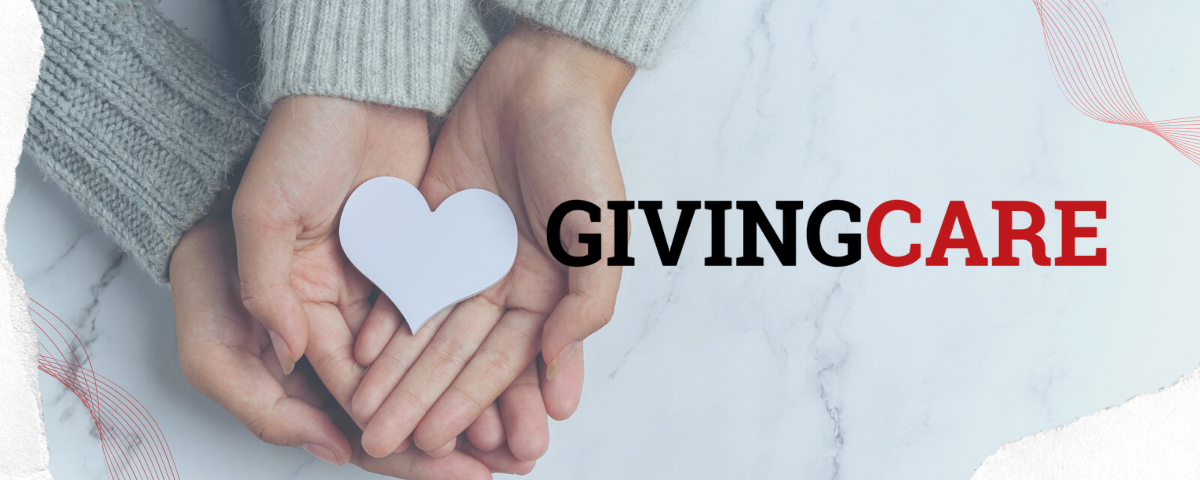
A sector facing challenges but offering opportunities
Caregiving is rapidly emerging as a paramount profession - due to factors such as ageing population and the reliance on assistance of individuals dealing with chronic illnesses, mental disorders, and other debilitating conditions. Nonetheless, estimates reveal a significant trend: up to 80% of all long-term personal care in the EU is provided by informal carers, often family members and mostly women (Informal care in Europe) . Although tasks are often similar to those of formal carers, informal carers are usually not considered as “employed”.
Vocational training as a key to developing needed skills
Mounting evidence underscores the imperative to enhance the skills of care workers to uphold the quality of long-term care services. Training is also key for better working conditions and job attractiveness of the sector, which faces serious staff shortages.
With this in mind, the main goal of the Giving Care project was to strengthen the position of formal and informal carers and other healthcare workers by developing their technical, transversal, and digital skills. For this, the project launched a continuous education programme accompanied by instructional resources such as videos and a caregiver guide.
A flexible program
The program, composed of short modules, aims to equip participants with the essential knowledge and abilities to enhance their performance and effectively manage the burdens of caregiving. Notably, the program's modular structure allows participants to either complete the entire curriculum or select individual modules independently based on their preferences and requirements.
A successful pilot phase
The program was piloted with 1 469 participants from different backgrounds, including formal and informal caregivers, personal assistants, nursing students, and health professionals. The implementation of the Giving Care project has yielded positive results. According to the participants, more than 70% of their work depends on the skills addressed by the programme. Over a half (60%) held the opinion that they obtained a lot of new information thanks to their participation. The quality of the educational content was also assessed as very good (85%) and good (15%).
The positive response from participants underscores the project's success in meeting their expectations and enhancing their vocational skills. Even more - by strengthening the skills of formal and informal carers, the project has also contributed to social sustainability in healthcare, addressing some of the most pressing challenges of today.
Interested to learn more? Watch an introductory video on Caring Techniques for Well-Being!
Background
GivingCare – Empowering Personal Caregivers and Personal Assistants by developing Technical, Soft and Digital Skills is an international partnership between Santa Maria Health School (PT), Coruña University (SP), Jagiellonian University (PL), Ljubljana University (SL), Eurocarers (BE), Associação Portuguesa de Neuromusculares (PT), and FILMESDAMENTE (PT). This project has been co-funded by the Erasmus+ Project of the European Commission.
- Project locations
- SpainPortugal
